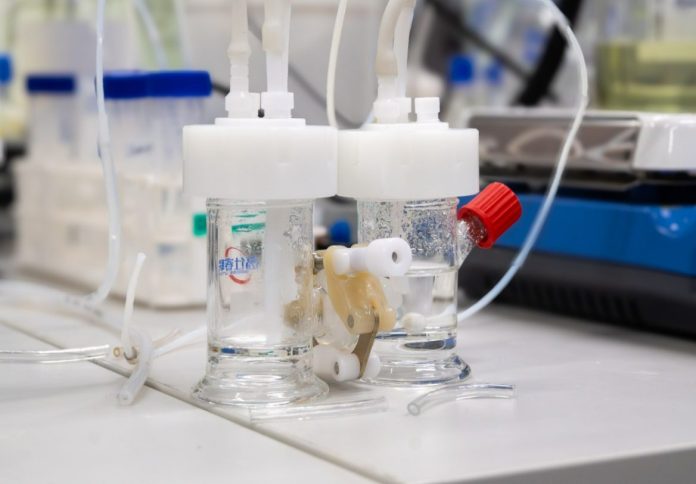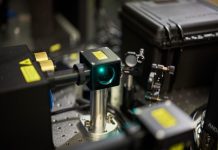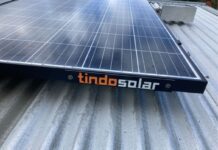
UNSW researchers will advance the development of a clean aviation fuel production system, supported by a $1.2 million grant from the TRaCE Lab to Market Fund and a total project investment exceeding $4 million.
Led by Dr Rahman Daiyan, the UNSW Sydney project aims to scale up a next-generation electrolyser that uses renewable energy to convert carbon dioxide and water into components that can be used to create sustainable aviation fuel (SAF).
The technology offers a potential pathway to reduce emissions in the aviation sector, which is considered one of the most difficult industries to decarbonise, UNSW said in a news release.
“Our goal is to revolutionise how we produce clean fuels for aviation, using renewable energy to transform CO? into usable fuels without requiring costly infrastructure changes,” said Dr Daiyan, Scientia Fellow in the School of Mineral and Energy Resources Engineering.
“This technology could be the key to decarbonising aviation, one of the world’s most challenging sectors.”
The research team includes Scientia Professor Rose Amal and Adjunct Professor Jimmy Yun, working in collaboration with Australian partner Tjindu Power and Chinese clean tech developer Chuangqi Times (Qingdao) Technology Company.
Together, they have developed a low-cost carbon dioxide electrolyser using transition metal and carbon catalysts, which can integrate with the established Fischer-Tropsch process to create SAF.
Scientia Professor Amal, from the School of Chemical Engineering, said the system demonstrates the power of innovative catalyst design.
“This breakthrough proves that with smart catalyst design and integrated system thinking, we can transform waste CO? into the very fuels that drive our economy,” she said. “It’s the kind of scalable innovation we need to tackle hard-to-abate sectors and achieve net zero.”
The TRaCE (Trailblazer for Recycling and Clean Energy) initiative, run by the Australian Department of Education, aims to help research projects reach commercial readiness.
This grant will support the UNSW team in advancing their electrolyser from laboratory proof-of-concept (technology readiness level 4) to a validated prototype in a relevant environment (technology readiness level 6).
A new spin-out company, Gurung Fuel, has been formed to lead the commercialisation of the technology and support stakeholder engagement and investment.
“This partnership is a major step towards scaling the cutting-edge electrolyser technology,” said Prof. Yun of Chuangqi Times.
“We’re not just developing a solution, we are creating a game-changer for the aviation industry, with the potential to make a global impact.”


















